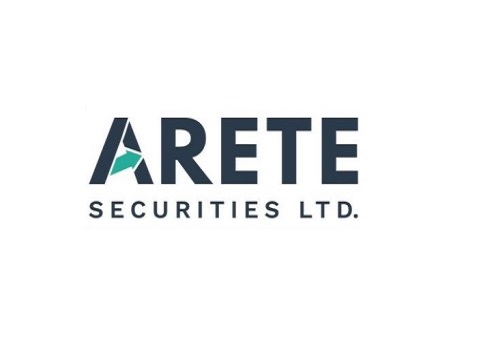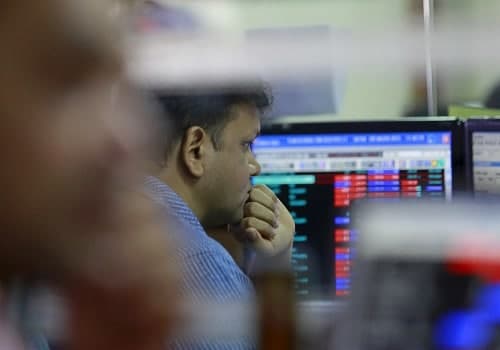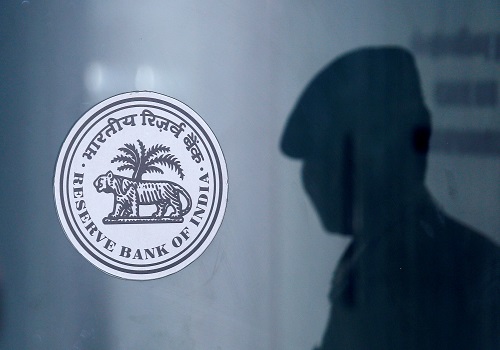Markets end in green on Wednesday

Follow us Now on Telegram ! Get daily 10 - 12 important updates on Business, Finance and Investment. Join our Telegram Channel
Indian equity benchmarks ended the Wednesday’s trades in green terrain on Wednesday with Sensex and Nifty ending above their crucial 48,600 and 14,600 levels, respectively. Markets started the day on optimistic note as upbeat earning from several companies aided sentiments. Some support came in with report that Brihanmumbai Municipal Corporation (BMC) received a fresh stock of one lakh COVID vaccine doses and it will resume vaccination of people above 45 years at government vaccination centres. Market participants largely overlooked S&P Global Ratings’ statement that an ongoing second wave of COVID-19 infections in India could hurt its near-term economic recovery and possibly diminish growth for the full year. It added that India's COVID wave will inevitably hit the recovery and could push growth below 10%.
Markets extended gains in late trade to end near intraday highs as traders got support after Reserve Bank of India (RBI) Governor Shaktikanta Das unveiled liquidity support measures amid rising Covid-19 cases in India. Shaktikanta Das said that the 2nd wave of COVID-19 in India has drastically altered the economic situation. He added that RBI will continue to monitor emerging situation, using all resources. Further, RBI announced fresh restructuring resolutions for individuals, small businesses and Micro, Small and Medium Enterprises (MSME) borrowers who have an aggregate exposure of upto Rs 25 crore. Traders shrugged off reports that India's services sector activities eased to a three-month low in April, as the rise in business activity was constrained by the pandemic and sentiment towards growth prospects faded. The seasonally adjusted India Services Business Activity Index fell to 54 in April from 54.6 in March, the slowest increase in output in three months.
Firm opening in European counters too aided sentiments after European markets trading higher, helped by gains in commodity and banking stocks, while optimism about a strong earnings season and a speedy economic recovery dominated the markets. Asian markets ended mostly lower on Wednesday, even after the manufacturing sector in Thailand swung to expansion in April, the latest survey from Markit Economics showed with a manufacturing PMI score of 50.7. That's up from 48.8 in March and it moves remains above the boom-or-bust line of 50 that separates expansion from contraction. The increase reflected the new orders and output components. The stocks of purchases and suppliers' delivery times components also provided positive directional influences on the headline figure, while the contribution of employment was again broadly neutral.
Back home, India reported 382,691 fresh Covid-19 cases. With this, the cumulative caseload stands at 20,658,234, Worldometer showed. On the sectoral front, telecom stocks were in focus as the Department of Telecom approved applications of telecom companies -- Reliance Jio, Bharti Airtel, Vodafone and MTNL -- for conducting 5G trials but none of them will be using technologies of Chinese entities.
Finally, the BSE Sensex rose 424.04 points or 0.88% to 48,677.55, while the CNX Nifty was up by 121.35 points or 0.84% to 14,617.85.
The BSE Sensex touched high and low of 48,254.32 and 48,742.72, respectively. There was 26 stock advancing against 4 stocks declining on the index.
The broader indices ended in green; the BSE Mid cap index gained 1.05%, while Small cap index was up by 0.77%.
The top gaining sectoral indices on the BSE were Healthcare up by 3.06%, Bankex up by 1.67%, Basic Materials up by 1.33%, Metal up by 1.14% and IT up by 1.09%, while Realty down by 1.15% was the lone losing index on BSE.
The top gainers on the Sensex were Sun Pharma up by 5.94%, Kotak Mahindra Bank up by 2.42%, Axis Bank up by 2.41%, Indusind Bank up by 2.33% and ICICI Bank up by 1.88%. On the flip side, Bajaj Finance down by 1.75%, Asian Paints down by 0.79% and Hindustan Unilever down by 0.57% were the few losers.
Meanwhile, S&P Global Ratings has said an ongoing second wave of COVID-19 infections in India could hurt its near-term economic recovery and possibly diminish growth for the full year. Shaun Roache, chief economist, Asia Pacific at S&P, said India's COVID wave will inevitably hit the recovery and could push growth below 10%. The longer it takes to regain control, the greater the permanent damage, especially as policy space is limited.
S&P currently has a ‘BBB-' rating on India with a stable outlook, the lowest investment grade and expects India's economy to grow 11% in the year that started April 1 following a projected record contraction of 8% in the previous year. Roche said the shock of the first quarter is likely to carry on through the rest of the year and the impact on the GDP could be around one to three percentage points.
The rating agency said India had been showing strong recovery momentum since September last year and until March/April of 2021 before the massive surge in cases prompted localised lockdowns and mobility restrictions.
The CNX Nifty traded in a range of 14,506.60 and 14,637.90. There were 44 stocks advancing against 5 stock declining, while one stock remained unchanged on the index.
The top gainers on Nifty were Sun Pharma up by 5.93%, UPL up by 4.82%, Axis Bank up by 2.41%, Indusind Bank up by 2.31% and Kotak Mahindra Bank up by 2.20%. On the flip side, Adani Ports down by 3.99%, Bajaj Finance down by 1.79%, SBI Life Insurance down by 1.00%, Asian Paints down by 0.75% and Hindustan Unilever down by 0.54% were the top losers.
European markets were trading higher, UK’s FTSE 100 increased 81.76 points or 1.18% to 7,004.93, France’s CAC increased 60.88 points or 0.97% to 6,312.63 and Germany’s DAX was up by 206.93 points or 1.39% to 15,063.41.
Asian markets ended mostly lower on Wednesday in thin trading after Wall Street's slide overnight after Janet Yellen suggested interest rates may have to rise modestly to prevent the American economy from overheating amid the recent spike in government spending. Meanwhile, Chinese, Japanese and South Korean markets were closed for holidays. Further, Hong Kong shares ended lower ahead of the reopening of China markets, while the latest survey from Markit Economics showed that the private sector in Hong Kong continued to expand in April, albeit at a slower pace, with a services PMI score of 50.3 down from 50.5 in March.
Above views are of the author and not of the website kindly read disclaimer
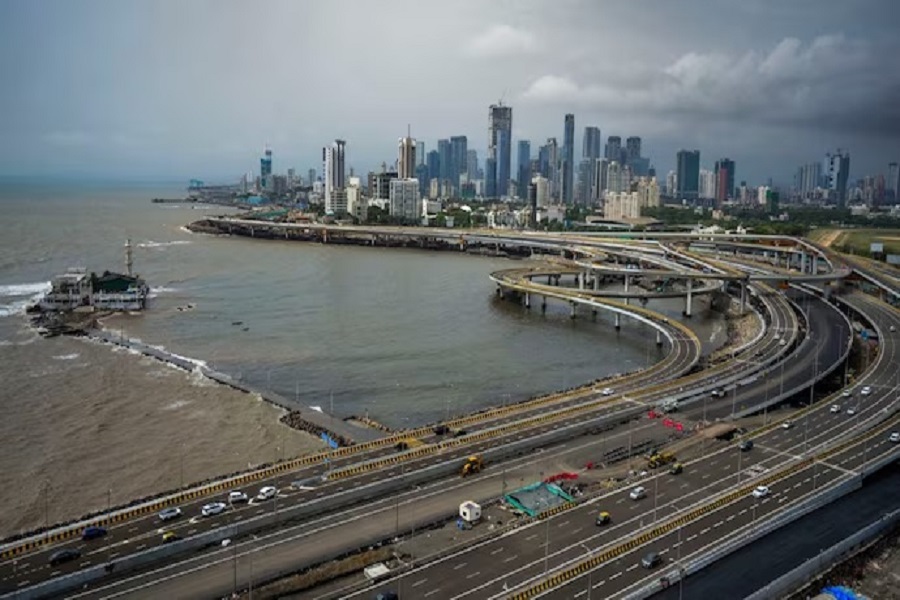

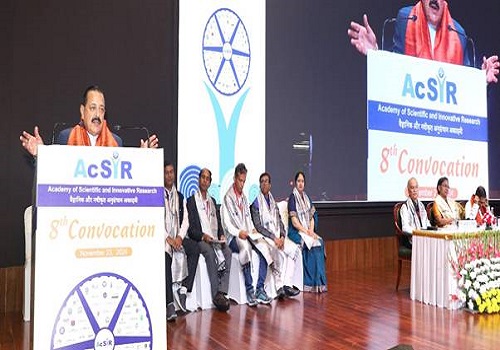


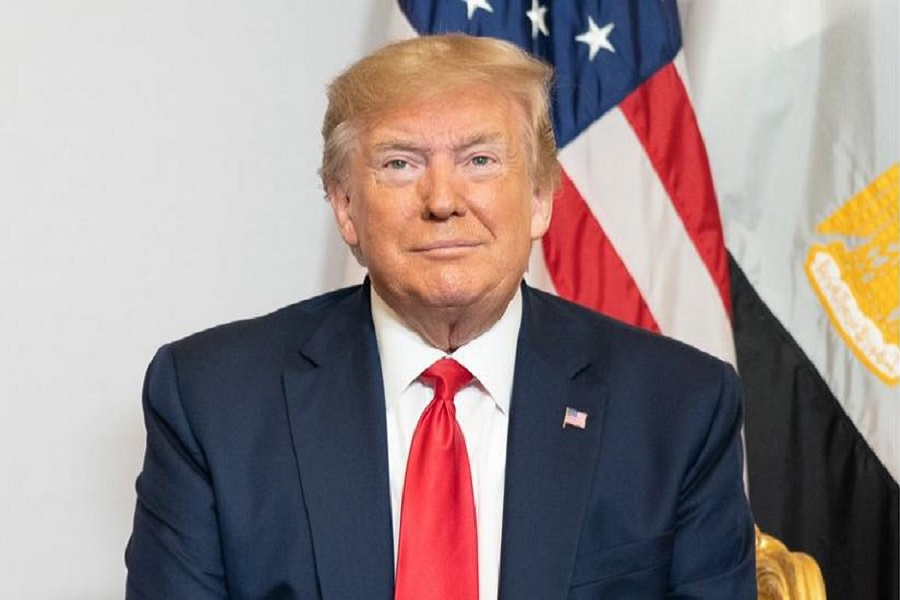
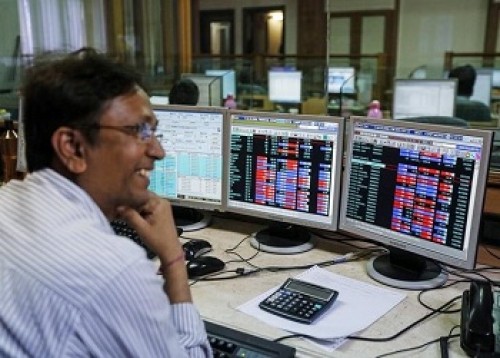
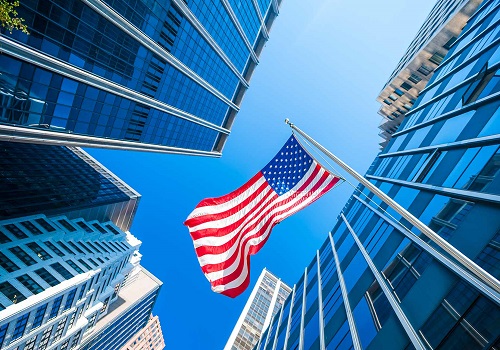
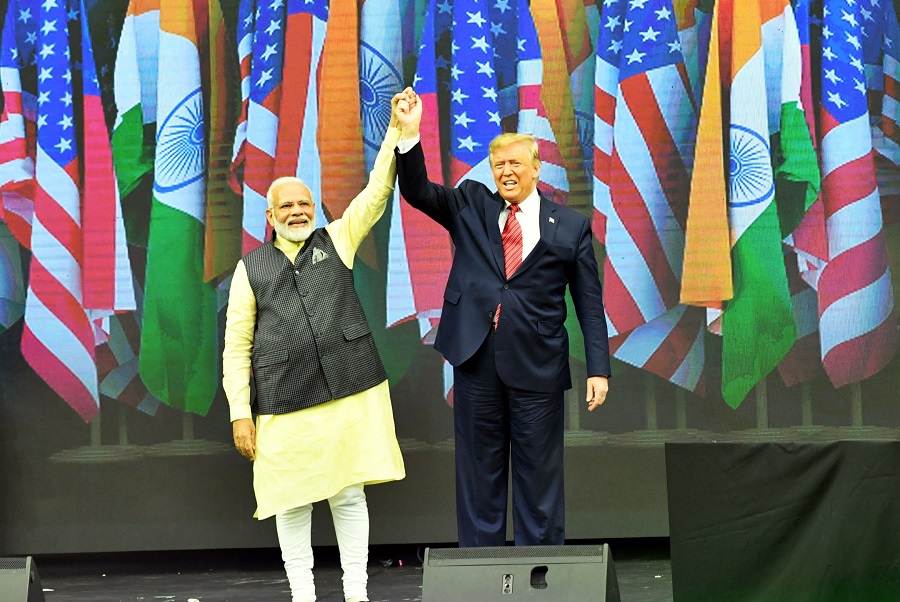
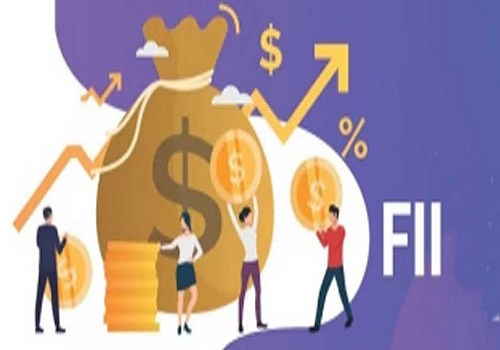
Tag News

Weekly Market Analysis : Markets strengthened recovery and gained nearly 2% in the passing w...



More News
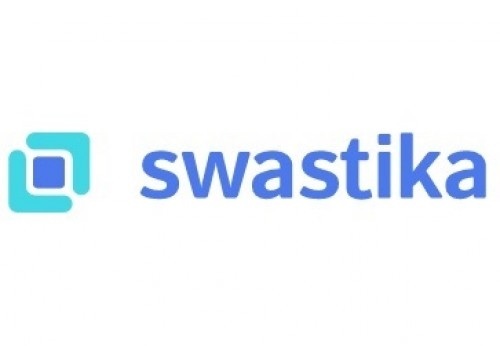
Market textured has become weak where SGX Nifty is suggesting a gap down opening - Swastika ...

